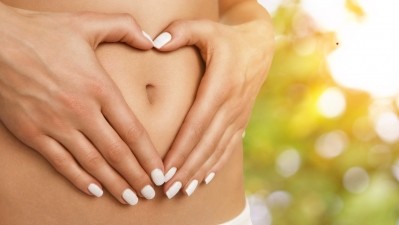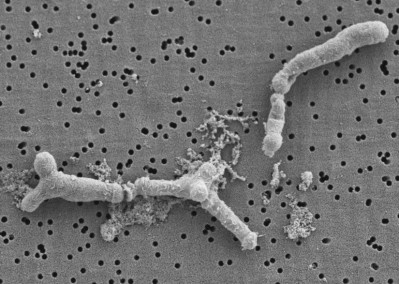UK team provide more proof of maternal microbiome influence on baby development

The work identifies Bifidobacterium breve as the species capable of changing the mother’s body during pregnancy, affecting placenta structure and nutrient transport to the developing baby.
“Our findings reveal that the maternal microbiome promotes development of the placenta and growth of the foetus,” says Professor Lindsay Hall, Research Leader based at the Quadram Institute.
“We think that this is linked to the altered profile of metabolites and nutrients, which affects nutrient transport from mother to baby across the placenta.
“Excitingly it appears that adding in a probiotic Bifidobacterium during pregnancy may help to boost how the placenta functions, which has positive effects on the baby’s growth in utero.”
Along with colleagues from the Universities of Cambridge and East Anglia, the team think the findings could point to ways of combating pregnancy complications and ensuring a healthy start in life across the population.
Industry efforts
The bacteria, Bifidobacterium breve, is widely used as a probiotic, with firms such as Spain’s Biosearch Life making its strain CECT7263 available for inclusion in infant formulas to address colic.
Meanwhile, Japan’s Morinaga Milk Industry’s probiotic strain B. breve B-3 may help reduce body fat levels in healthy pre-obese adults.
The team’s work used germ-free and specific-pathogen-free mice, feeding them the B. breve probiotic.
In the germ-free mice, the foetus did not receive adequate sugar and failed to grow and develop properly.
Excitingly, providing Bifidobacterium breve to germ-free mice improved foetal outcomes by restoring foetal metabolism, growth and development to the normal levels.
Lacking the maternal microbiome also hampered the growth of the placenta in a way that would affect foetal growth.
Further analysis identified a number of key cell growth and metabolic factors that appear to be regulated by the microbiome and B. breve.
The team also found the microbiome affected key nutrient transporters, including those for sugars within the placenta that would also influence the growth of the foetus.
“This study carried out in mice, identifies a new player in the communication between mother, placenta and foetus, which is the maternal microbiome,“ explains Dr Amanda Sferruzzi-Perri, Professor in Foetal and Placental Physiology at the University of Cambridge.
“Finding out how this form of communication works and how to improve it may help many women who develop pregnancy complications, as well as their developing child.”
Study limitations
In discussing the findings, the study, which was funded by the Wellcome Trust and the Biotechnology and Biological Sciences Research Council, points to the link between the mother’s microbiome and the baby’s development
However, the team acknowledge the study is the first of its kind and is subject to limitations.
“This study focused on one single bacterial species, and whilst this showed that B. breve had positive effects on germ-free mice during pregnancy, this is not a natural situation,” the team writes.
“Future studies are needed to confirm these effects in a more natural and complex microbiome.”
The study also recognises the results were found in mice and thus cannot automatically be translated into treatments for humans.
“The knowledge provided in this proof-of-concept animal study is critical for guiding future studies in humans that will uncover whether the human maternal microbiome has similar effects,” the researchers conclude.
“Certainly, if that is the case, it could provide a relatively simple and low-cost way to help improve pregnancy outcomes with positive benefit for the life-long health of the mother and her child.”
Source: Cell. Mol. Life Sci.
Published online: doi.org/10.1007/s00018-022-04379-y
'Maternal gut microbiota Bifidobacterium promotes placental morphogenesis, nutrient transport and fetal growth in mice'
Authors: Lopez-Tello, J., Schofield, Z., Kiu, R. et al.















